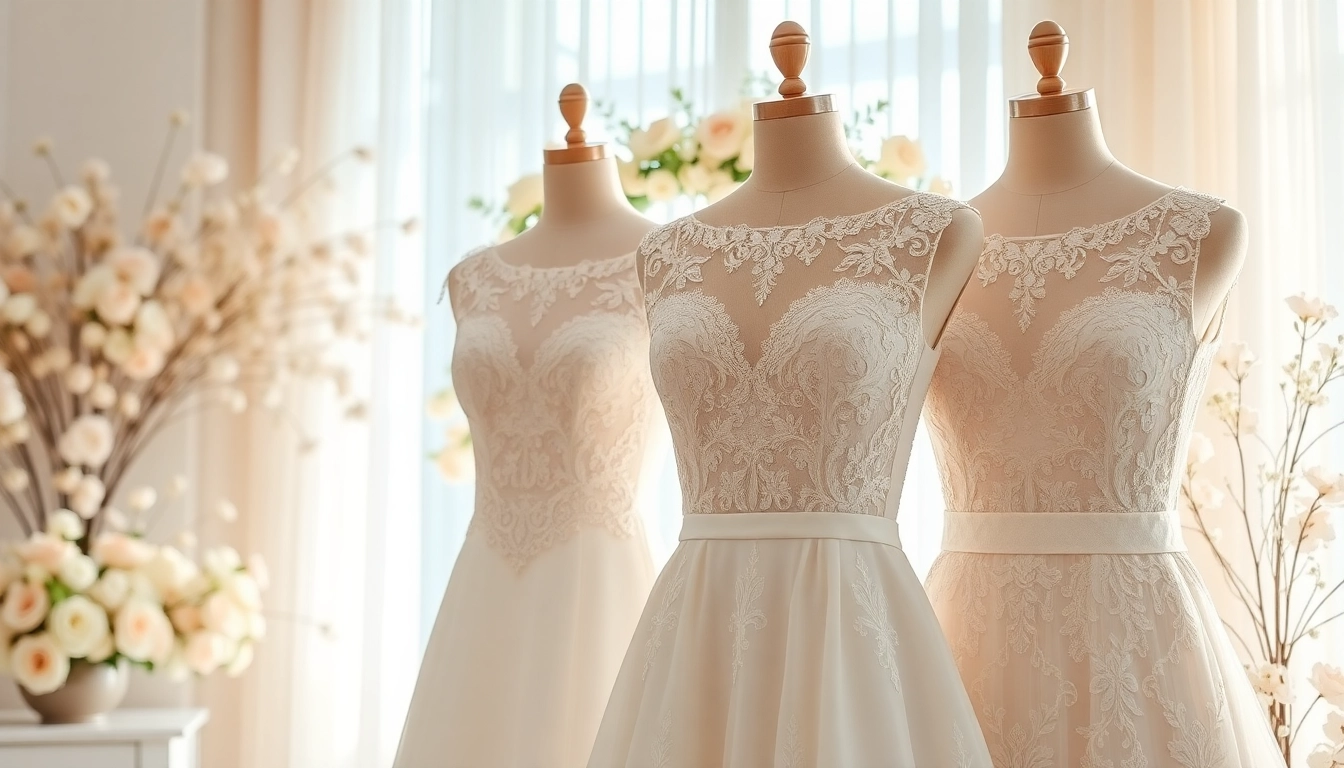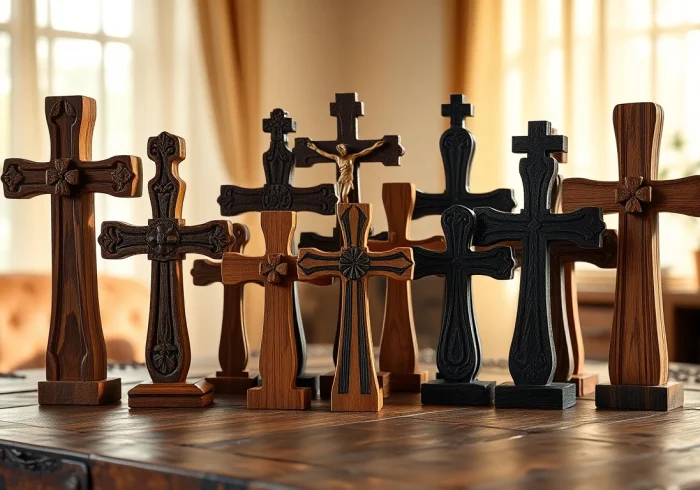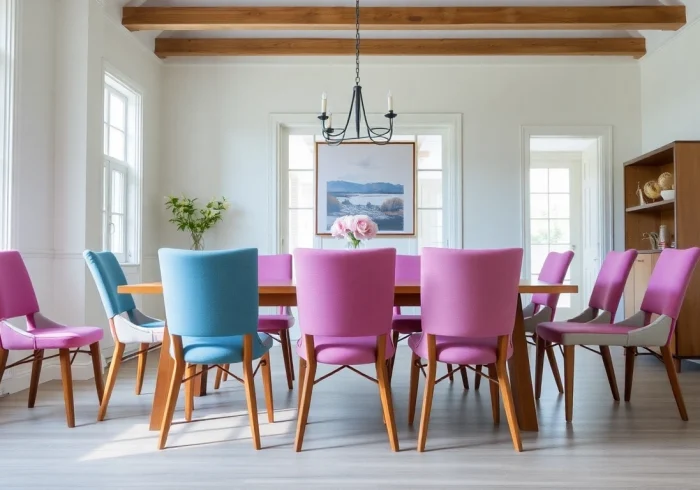Understanding Reception Wedding Dresses
Defining Reception Wedding Dresses
Reception wedding dresses are specially designed gowns that brides wear during the wedding reception, after the formal ceremony. Unlike traditional bridal gowns that are often elaborate and formal, reception dresses tend to be more versatile and comfortable, allowing brides to celebrate and move freely during their reception. These dresses can range from chic cocktail styles to elegant evening gowns, providing brides with a second chance to express their style without the constraints of their ceremony attire.
Importance of Dress Selection for the Reception
Selecting the right dress for the reception is crucial for several reasons. Firstly, it is an opportunity for brides to showcase their personality and sense of style. While the ceremony dress may reflect tradition and formality, the reception dress can embody fun and celebration. Additionally, comfort is a significant factor; as the reception often involves dancing and mingling, brides will want a dress that allows for movement and is well-fitted. Lastly, the reception dress can serve as a statement piece, often being a point of focus in photos taken throughout the evening, making it essential for brides to choose a dress that captures the joy of the celebration. Reception Wedding Dresses come in a multitude of styles, ensuring every bride can find her perfect match.
Popular Styles and Trends
When it comes to reception wedding dresses, trends change over time, influenced by fashion shows, celebrity weddings, and cultural shifts. Currently, some popular styles include:
- Short and Tea-Length Dresses: These styles are great for fun and energetic receptions, allowing for ease of movement while still being stylish.
- Slip Dresses: Often characterized by their simple, elegant silhouette, slip dresses are gaining popularity for their understated luxury.
- Two-Piece Sets: Offering versatility, two-piece sets allow brides to mix and match tops and skirts for a unique look.
- Bohemian Styles: With flowing fabrics and relaxed silhouettes, bohemian dresses are perfect for outdoor or beach weddings.
- Colorful Dresses: While white and ivory are classic choices, more brides are daring to wear colored dresses to express their personal style.
How to Choose the Perfect Reception Wedding Dress
Factors to Consider When Selecting a Dress
Choosing the right reception wedding dress is an intricate process. Brides should start by considering several key factors:
- Venue: The location of the reception can dictate the formality and style of the dress. A beach wedding may favor lighter fabrics and shorter cuts, while a ballroom setting could be suited for more formal attire.
- Personal Style: Brides should wear something that feels true to themselves. This means considering their favorite colors, cuts, and overall aesthetics.
- Season: The time of year can influence the dress choice. Lighter materials are optimal for summer receptions, while heavier fabrics might be better suited for winter events.
- Budget: Setting a budget helps narrow down the options, enabling brides to select a beautiful dress that aligns with their finances.
Fitting and Comfort: Ensuring Your Dress Fits
A well-fitted dress is essential for comfort and confidence. Consider these tips for ensuring the perfect fit:
- Take Measurements: Before visiting boutiques, have accurate measurements taken by a professional to ensure a perfect fit.
- Try Various Styles: Different styles of dresses fit various body types uniquely. Be open to trying styles that you may not initially prefer.
- Consider Alterations: Most dresses will require some alterations. Ensure you choose a designer or shop that provides alteration services.
- Comfort Test: Move around in the dress and sit down to test your comfort level. A reception involves a lot of movement, and the dress should accommodate that.
Choosing Between Tradition and Modern Designs
Brides are often faced with the dilemma of choosing between traditional and contemporary styles. Traditional designs present timeless elegance with intricate details and classic silhouettes. Modern designs, on the other hand, may offer innovative cuts, experimental fabrics, and striking colors. The choice depends on personal preference, wedding theme, and comfort. Ultimately, the right dress should blend tradition with personal flair, embodying the bride’s essence while also providing comfort and style.
Top Designers for Reception Wedding Dresses
Renowned Bridal Designers to Explore
For brides looking to invest in high-quality reception wedding dresses, exploring collections from renowned designers can be a great start. Some notable designers include:
- Vera Wang: Known for dramatic silhouettes and luxurious fabrics, Vera Wang’s designs often set trends in bridal fashion.
- Monique Lhuillier: Her designs often feature romantic lace and exquisite detailing, making them popular among brides seeking timeless elegance.
- Berta: Known for her bold and sexy designs, Berta offers a modern twist on the traditional wedding dress.
- Hayley Paige: Infusing fun and youthful spirit into her designs, Hayley Paige is well-loved for her intricate detailing and whimsical cuts.
Affordable Options Without Compromising Style
Brides on a budget need not worry. Numerous designers provide affordable yet stylish options. Here are some places to consider:
- Amsale: Offering simple yet elegant designs, Amsale’s dresses provide sophistication without breaking the bank.
- ASOS Bridal: Known for affordability and variety, ASOS has a range of trendy dresses ideal for modern brides.
- BHLDN: This Anthropologie brand focuses on bohemian and vintage-inspired styles at reasonable prices.
- David’s Bridal: A staple in bridal shopping, David’s Bridal has a variety of styles at various price points, making it a go-to for budget-conscious brides.
Custom Dress Making: Pros and Cons
Opting for a custom-made reception wedding dress can be a dream come true for many brides, offering a unique opportunity to create a one-of-a-kind piece. However, there are pros and cons to consider:
Pros:
- Tailored Fit: A custom dress ensures a perfect fit as it is designed specifically for the bride’s measurements.
- Unique Design: Brides have the freedom to design every detail of their dress, ensuring it reflects their personal style.
- High-Quality Materials: Custom dressmakers often use top-notch fabrics, leading to a luxurious final product.
Cons:
- Cost: Custom dresses can be significantly more expensive than off-the-rack options.
- Time: Custom dressmaking can take several months, requiring brides to plan well in advance.
- Fit Issues: If not done by a skilled designer, custom dresses may have fitting problems that require alterations.
Reception Wedding Dress Care and Maintenance
Proper Care for Your Dress Before the Big Day
Taking care of a wedding dress before the big day ensures it remains in pristine condition. Here are some care tips:
- Keep It Covered: Store your dress in a breathable garment bag to protect it from dust and damage.
- Avoid Direct Sunlight: Sunlight can fade fabric colors. Store your dress in a cool, dark space.
- Handle with Care: Avoid eating or drinking near your dress, and always wash your hands before touching it.
Post-Ceremony Maintenance Tips
After the ceremony, it’s crucial to maintain the dress to preserve its beauty:
- Spot Clean: If any stains or spills occur, address them immediately with proper cleaning supplies.
- Change Quickly: Consider changing into your reception dress right after the ceremony to prevent wear and tear.
Storing Your Dress for Future Use
If you wish to preserve your reception dress for future use, follow these tips:
- Clean First: Ensure the dress is professionally cleaned before storage to prevent stains from setting in.
- Use Acid-Free Storage: Store in acid-free tissue paper or a box to prevent yellowing and fabric degradation.
- Keep It Dry: Humidity can damage fabric, so store the dress in a climate-controlled environment.
Accessorizing Your Reception Wedding Dress
Choosing the Right Accessories to Complement Your Dress
Accessories play a significant role in completing the look. Consider these tips for choosing the right accessories:
- Match the Style: Ensure that your accessories complement the style of your dress. For example, if your dress is embellished, opt for simpler accessories.
- Consider Your Comfort: Be mindful of heavy jewelry that may become cumbersome as you celebrate.
- Mix and Match: Feel free to experiment with different styles to find what complements your overall look.
Tips on Footwear for Comfort and Style
Your choice of footwear is equally as important as your dress. Here are some footwear considerations:
- Height: Choose a heel height you’re comfortable with, especially if you’ll be on your feet for extended periods.
- Style: Whether you opt for traditional heels, chic flats, or trendy boots, ensure they match your reception style.
- Break Them In: Wear your shoes prior to the wedding to avoid blisters and discomfort on the day.
Veils and Other Flair: Adding Personal Touches
Veils and other accessories can add a personal touch to your reception dress. Here are some tips:
- Veils: Choose a veil that complements your dress. Long, dramatic veils can bring a traditional touch, while shorter veils can be more modern and playful.
- Jewelry: Statement pieces can elevate your outfit. Consider bold earrings or a striking necklace to add flair.
- Wraps and Jackets: If the reception is in a cooler climate, a stylish wrap or jacket can be both functional and fashionable.



